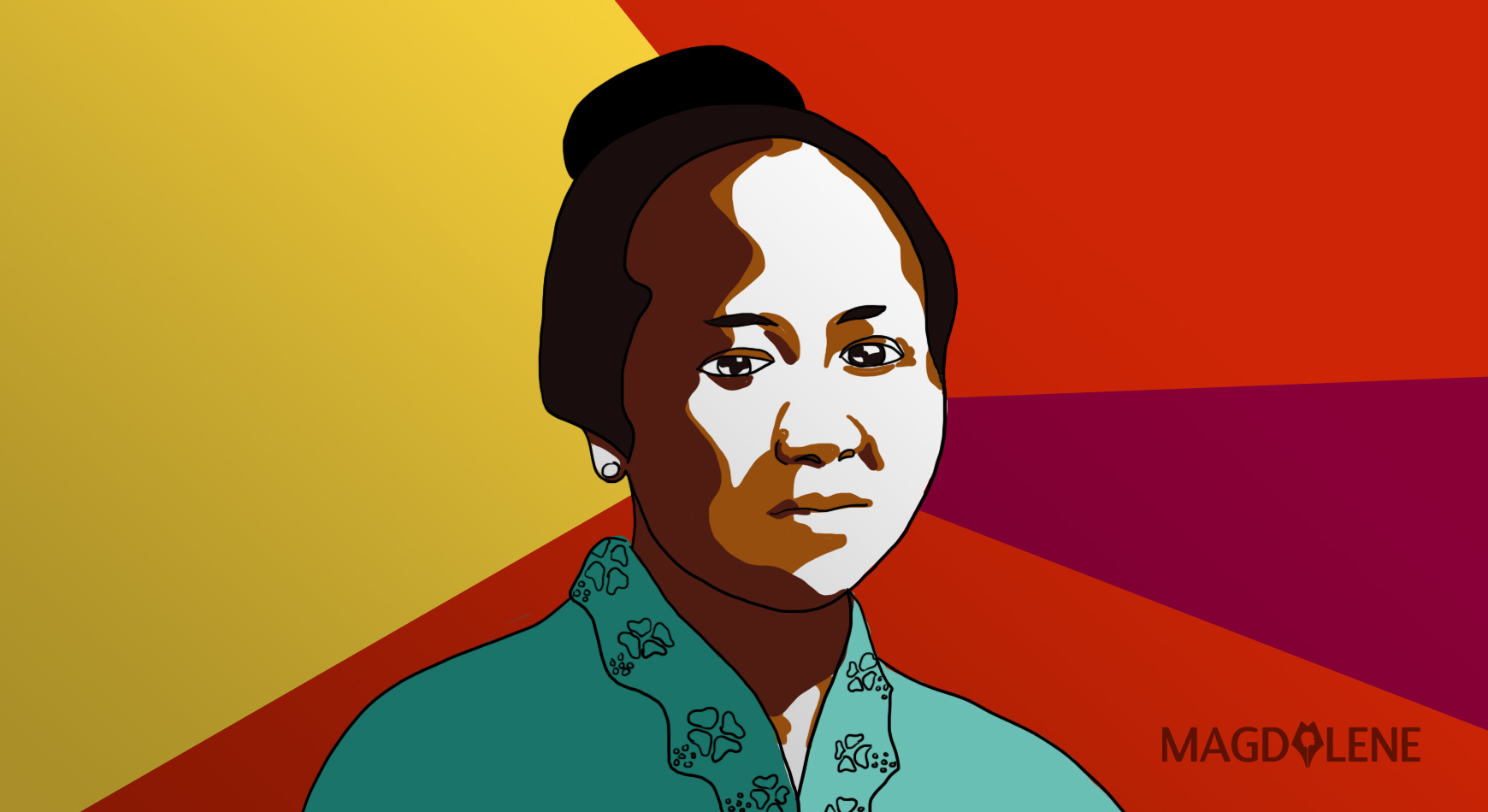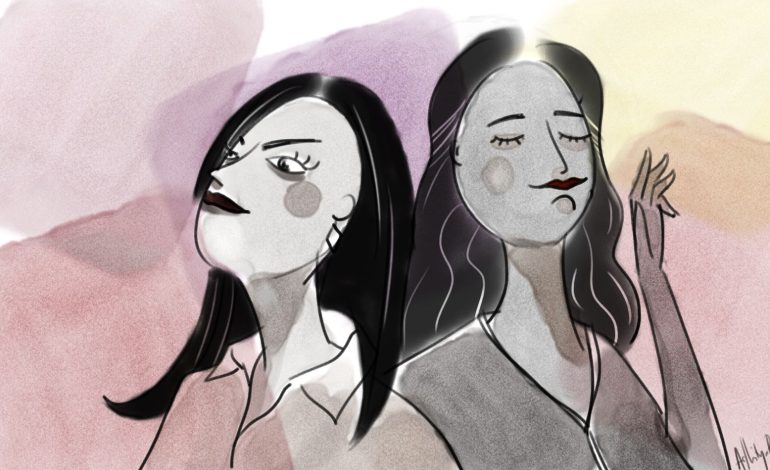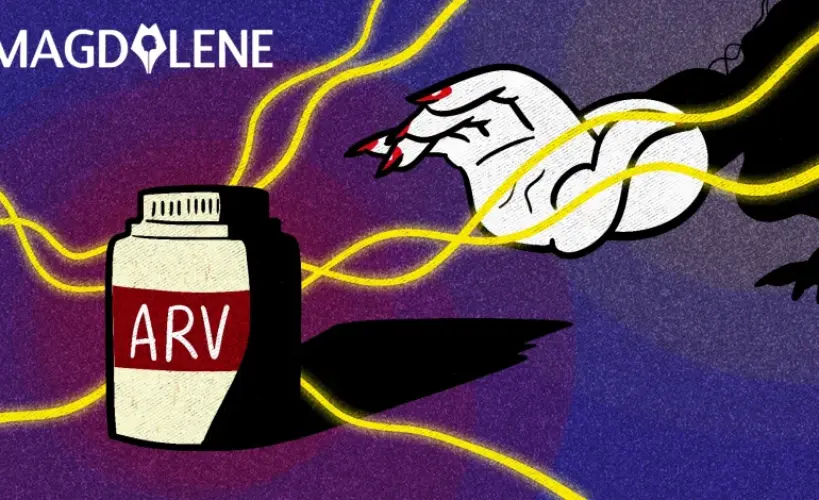So You Think You Know Kartini

Recently, I picked up the biography of Kartini, Panggil Aku Kartini Saja (Just Call Me Kartini) written by our own Pramoedya Ananta Toer. I did not regret the decision at all. As a matter of fact, while flipping the pages and discovering more deeply about Kartini, I was taken aback. I was able to grasp her struggle and what she fought for. It was an eye-opening read and as soon as I put the book down, I began to reflect.
For sure, we all know who Kartini was. We know that the book “Habis Gelap Terbitlah Terang” (From Darkness to Light) is a compilation of letters that Kartini wrote to her friends. We know that she is considered a heroine for women’s emancipation. And, we also know by heart the song dedicated to her (Ibu Kita Kartini). For me, that pretty much sums up my knowledge about Kartini from my school years that I now I realize barely even scratches on the surface.
Because do we really know the content of the letters in Habis Gelap Terbitlah Terang? They are the evidence of her cry for freedom, her struggle for education, her fight for equality, and her love for the rakyat (the people). Do we really know that she was actually more than the heroine of women emancipation? Because, she also fought for the sake of dignity, equality, and prosperity of the rakyat, both women and men. And, do we know the essence of the lyrics of Ibu Kita Kartini we used to chant in school? It was dedicated to her incessant rejection of the sick system of feudalism and colonization.
Those are just small chunks I discovered from the biography of Kartini, seeing that there are more profound lessons from the life experience of ‘Ni.
First, Kartini had to stop going to school at the age of 12, because her rights to education was robbed by the brutal patriarchal culture of pingitan (a Javanese tradition of keeping a girl locked in a house until she is to be married). This was detrimental for her freedom and independence and caused her great sufferings. Looking back and comparing to the present day, we have come a long way. Now, not only all citizens (boys and girls) are allowed in getting education, it is recognized as their rights. This right should not be taken for granted.
Second, Kartini read a lot and reading has a huge impact on her. It affirmed her perception on the established unequal relations, not only between the Netherlands and the Dutch East Indies, but also within her own family, as well as among the people in the era of feudalism. It shows her the inhumane and undemocratic side of colonialism and feudalism. Reading allowed her to enter the intellectual world where she discovered ideas and ideals, and made her a thinker who was concerned on the fundamental importance.
As a generation born and grew up in independent and relatively more democratic Indonesia, I did not realize that it is a privilege to have easy access to books and other reading materials until I uncovered this life of Kartini, who was living at a time when there was no bookstore, ages before even the dawn of the Internet. I think that it would be considered a betrayal of Kartini’s struggles if I didn’t read.
Third, Kartini was a humanist, and humanism is fundamental to the spirit of her struggles and fights against inequality and oppression. She particularly found the relations between the aristocrats and the common people inhumane – the latter having to follow what the former says. The aristocrats thrive at the expense of the common people. That was why she did not want to be associated with her aristocracy, as reflected on the self-explanatory title of the book. It was a fragment of a sentence written in a letter to her European friend, when she refused to be associated with her blue-blooded title, Raden Ajeng. This showed Kartini’s outright rejection of the social hierarchy preserved by feudalism. She was fully aware of her aristocracy; nevertheless, she wanted to be in equal footing with the Rakyat, the common people.
She saw a big wall separating the communities surrounded her: colonialism separated the Dutch from the aristocrats, and feudalism separated the aristocrats from the common people. She was particularly critical of her fellow aristocrats who perpetuated feudalism as the main obstruction in her effort to advance the rakyat.
Today it is becoming more common to see walls separating and fragmenting people in our society along the lines of ethnicity, religion, race and sexual orientation. More than 100 years ago, Kartini had warned that the obstruction to our progress came from our own people.
The message Kartini wished to convey revolved around the idea of tugas manusia adalah menjadi manusia (by Multatuli) that means to treat each other as fellow human beings with mutual understanding and respects and to anchor human relations to benevolence.
In the end, it is clear that Kartini’s thoughts and the ideas and critiques that come from it were absolutely beyond her age and her era, especially considering her adverse circumstances. She was a visionary. On the basis of humanity, she rebelled against the norm that “imprisoned” and harmed her as a woman so that other women (including men) did not have to go through suffering like her.
Inevitably, after I read the book from cover to cover, I wish I had come across the book during my early school years as this book gave me a wider perspective about people’s struggle, women’s education, and privileges, among many other things. We should start celebrating her thoughts and her life in a more relevant and substantial way to relive her spirit, rather than just playing dress-up in traditional costume and cooking competitions.
Maybe someday teachers can assign this book to learn more deeply about Kartini, who was a writer, an artist, a fighter, a trailblazer. More importantly, she was a woman who rejected the oppression by men of her time.
Ardy Nugraha is a self-proclaimed happy-go-lucky type of person that opts for quality over quantity. He is fond of learning foreign languages, probably a little too much.






















